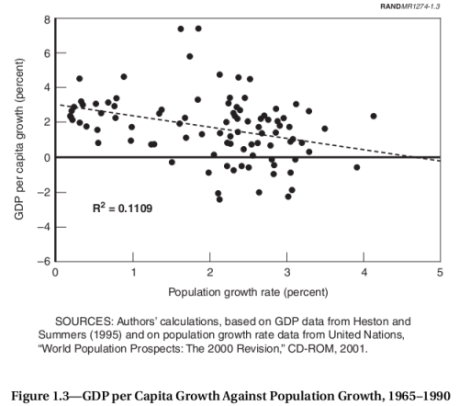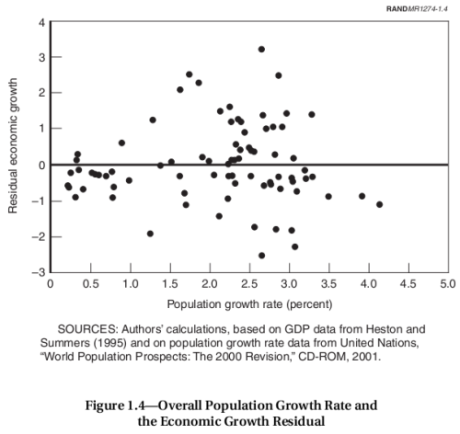Rice importation and population growth January 22, 2011
Posted by Maddog in Politics and Law, Prolife Issues, RH/Abortion Bills.Tags: lagman, overpopulation, pro-life, prolife, reproductive health
trackback
Last January 11, the Philippine Daily Inquirer carried the story, “PH to sharply cut 2011 rice imports.” It said (emphasis mine):
MANILA – The Philippines, the world’s biggest rice importer last year, plans to sharply cut its imports of the grain this year, the head of the state grains agency said Tuesday.
National Food Authority administrator Angelito Banayo, asked about rice import plans for the year, told reporters: “Much much lower, probably not even half — probably one third.” He would not give specific figures.
. . .
Banayo said the government planned to cut imports because it already had a lot of rice stored from previous years.
Very interesting indeed. The population of the Philippines is not shrinking, but our rice imports will be drastically reduced. What does that mean?
This development indicates that past rice shortages (and the need to import) were not necessarily caused by “runaway population growth” as some have hysterically claimed. Rather, it seems that any shortages were more likely caused by other factors (such as corruption, hoarding, and inefficiency). After all, PNOY, in his State of the Nation Address, stated that some P160 billion worth of rice were wasting away on the shelves.
Way too often, doomsayers have been blaming rice shortages — and a host of other ills practically including the kitchen sink — on alleged “runaway population growth” or “overpopulation.” They seem to forget that both our nation’s Total Fertility rate (TFR) has been dropping like a rock, along with our population growth rate (see my blog post on that here).
In addition, numerous professional, peer-reviewed studies have come out over the decades showing that population growth does not slow economic growth. In fact, the RAND Corporation (which is NOT a pro-life organization) was surprisingly candid in its 2003 monograph “The Demographic Dividend: A New Perspective on the Economic Consequences of Population Change,” noting that most experts today have already accepted the fact that there is no significant negative link between population growth and economic growth (emphasis mine):
Most economic analysis has examined the statistical correlation between population and economic growth and found little significant connection. Though countries with rapidly growing populations tend to have more slowly growing economies (see Figure 1.3), this negative correlation typically disappears (or even reverses direction) once other factors such as country size, openness to trade,educational attainment of the population, and the quality of civil and political institutions are taken into account.
Figure 1.4 shows the portion of economic growth unexplained by these other factors. It shows that this “residual” growth bears little correlation to population growth rates. In other words, when controlling for other factors, there is little cross-country evidence that population growth impedes or promotes economic growth.
This result seems to justify a third view: population neutralism. The neutralist theory has been the dominant view since the mid- 1980s (Bloom and Freeman, 1986). Although there are some variations within the neutralist school — with the NAS concluding in 1986 that “on balance… slower population growth would be beneficial to economic development of most developing countries” (National Research Council, 1986; italics added), and many World Bank economists suggesting that in some countries bigger populations can boost economic growth — the overall tendency is to accord population issues a relatively minor place in the context of the wider policy environment.
Below are the graphs mentioned in the quote from the RAND monograph. 

Misguided politicians
Lagman’s RH/Abortion bill is now being touted as a population control bill. He is probably not amused that the evidence had pulled he rug from under his feet yet again.Why does anyone still listen to that politician?
It is time our politicians disabused themselves of the overpopulation myth so they can get down to addressing the real causes of poverty.


Comments»
No comments yet — be the first.